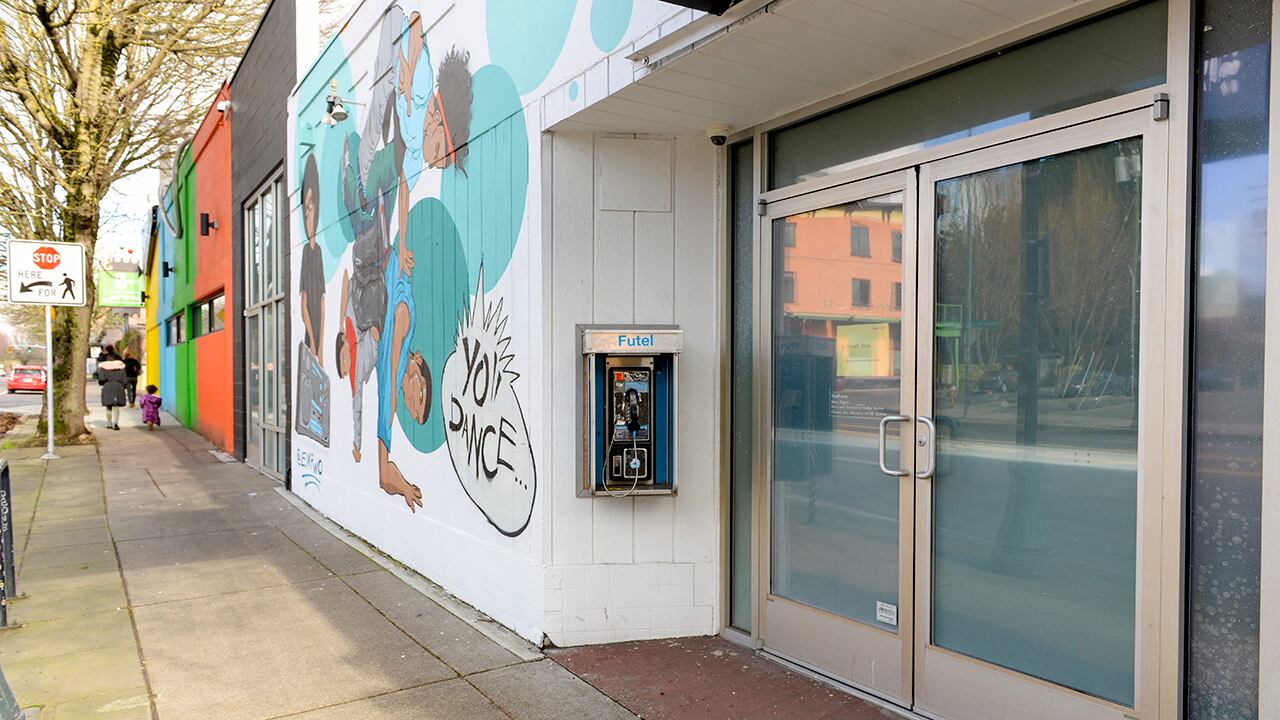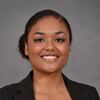Anyone facing hardship in the U.S. can dial 211 to get connected to community resources, whether they need to find a meal or get help paying their electric bill.
The COVID-19 pandemic has increased this necessity for a lot of people. But 211 data shows that Black people in Multnomah County are dialing 211 much more frequently than others.
From January 2020 to January 2021, a total of 16,112 calls to 211 were made by Black people—more than all other nonwhite racial demographics combined.
White people in Multnomah County called the help line 18,796 times. But the county is 79% white alone. Black people make up only about 6% of the county's population.
Cara Kangas, director of partnerships for 211info, says the need has been so high during the pandemic that 211info had to nearly double the number of full-time employees and couldn't meet the need in the same way it could before.
Before 2020, the 211 line could mostly meet all community needs by directing callers to the appropriate resources. Now the need is overwhelming. (While there were significantly fewer total calls to 211 in 2019, Black people actually made more calls than white people, 3,964 compared with 3,678.)
"We know that Black, Indigenous and communities of color face a lot of disparities in accessing resources and trusting where to find information," Kangas says. "Oregon has a very crappy history when it comes to treatment of Black, Indigenous and communities of color. And as an agency we have equity just embedded into all of our programs."
Although the 211 line has seen a substantial increase in calls statewide, Kangas says there is a clear disparity among those who make those calls. The 211 line offers an alternative, she says, to calling a 911 system that has not always been friendly to Black people and other people of color.
"We've seen an increase of calls from people in crisis. They don't want to call 911 because it's not safe," Kangas says. "Police are not safe for communities of color, so they call 211. We want to figure out: How can we best triage this person in crisis without calling 911? If someone doesn't want us to call 911, we honor that." LATISHA JENSEN.
This reporting has been funded in part by a grant from the Jackson Foundation. See more Black and White in Oregon stories here.

